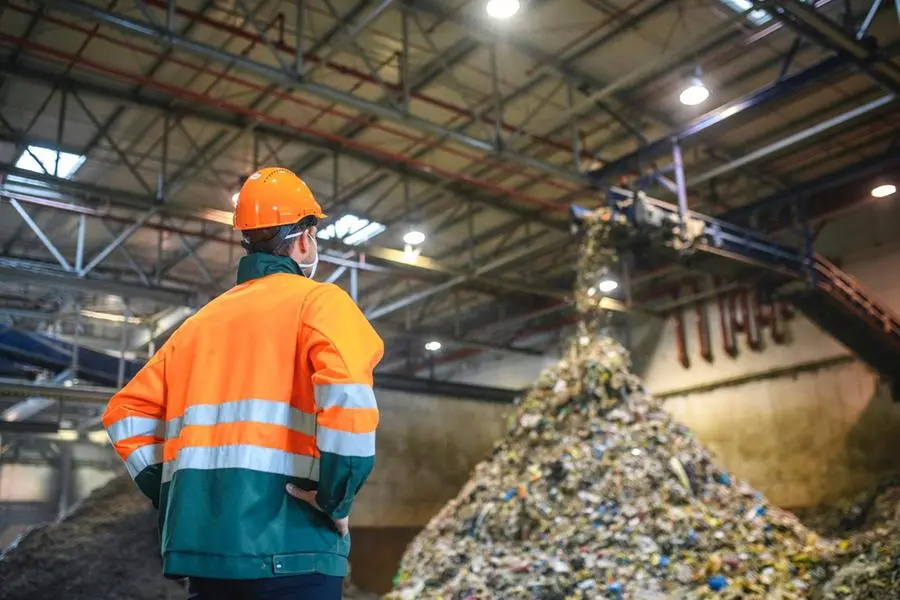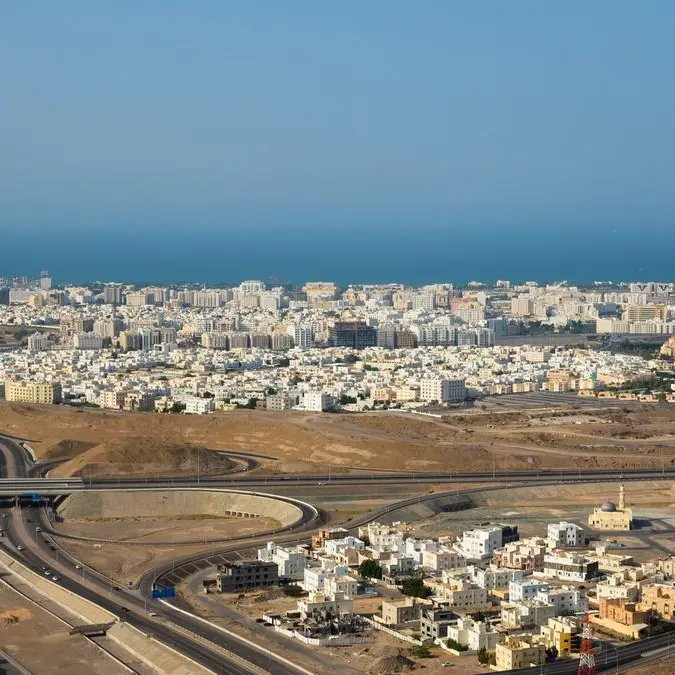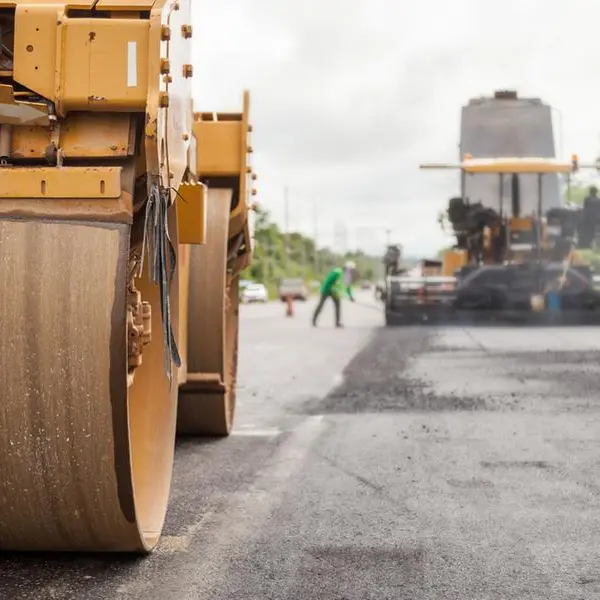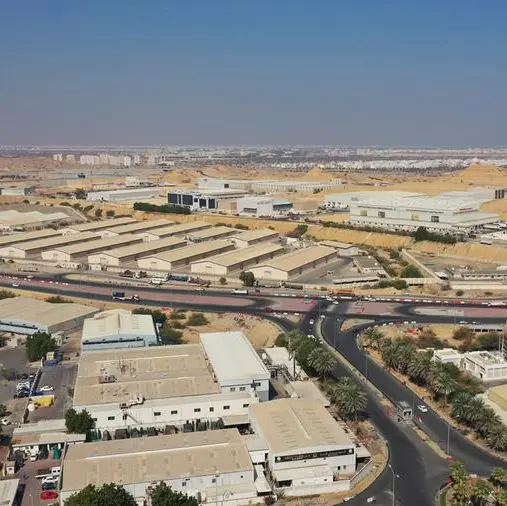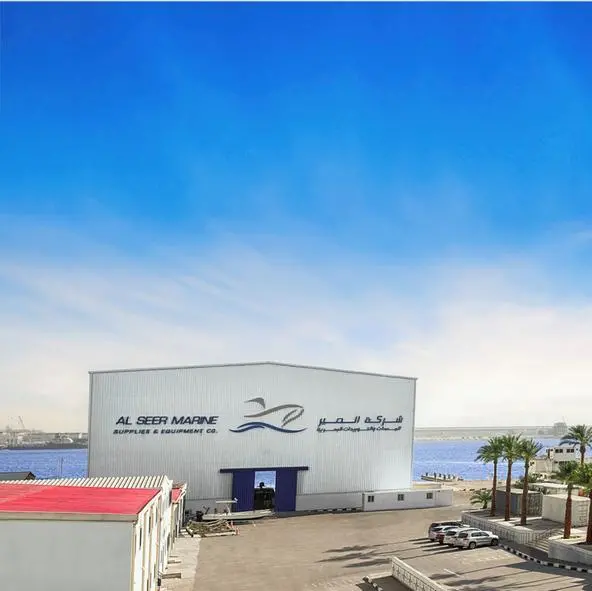PHOTO
MUSCAT: Oman Environmental Services Holding Co (be’ah), tasked with overseeing the management of the nation’s solid waste sector, has assessed the economic potential of Oman’s burgeoning waste recycling industry at around RO 400 million (approx. $1 billion) in value.
Around 2.4 million tonnes of recyclable waste, spanning a wide array of waste streams, is currently being generated annually in the country, according to the state-owned orchestrator of the solid waste sector. Given these volumes and the commercialization potential of these recyclable wastes, more than 2,300 jobs can also be created as a result, be-ah – part of Oman Investment Authority (OIA) - noted in a recent post.
The upbeat outlook for Oman’s promising waste recycling sector comes ahead of the launch, late next month, of the 1st ISMA World Congress in the Middle East and Africa – billed as the foremost event of the global waste management industry – here in Muscat. The three-day event, due to take place at the Oman Convention & Exhibition Centre from October 30 to November 1, 2023, is being hosted by be’ah with the support of the International Solid Waste Association (ISMA), the world’s premier networking body for the sector.
be’ah says its efforts to streamline the solid waste sector in Oman is unlocking the potential for significant investment and economic value creation from waste recycling and recovery activities.
Among the initiatives supported by be’ah thus far are: The supply of alternative fuel from used tyres for the operations of Oman Cement; The launch of a first-ever plant for recycling lead acid batteries; The establishment of a pair of used cooking oil (UCO) recycling plants; and Projects that recycle cardboard, paper and plastic into commercially valuable commodities.
Additionally, be’ah has signed an agreement with Nakheel Oman Development Company to supply green waste for their compost facility. With Petroleum Development Oman (PDO), the company has reached a memorandum of understanding to support the collection and proper disposal of waste electrical and electronic equipment (WEEE).
Furthermore, with support from a number of corporates, be’ah has facilitated the deployment of Reverse Vending Machines (RVMs) to encourage the general public to deposit their PET bottles for processing and recycling. In 2022 alone, an estimated 99,300 PET bottles were collected by these machines from the capital city alone.
But the biggest contribution to waste recovery will be achieved when a first-ever Waste-to-Energy (WTE) project comes on stream at Barka within the next five years.
Plans drawn up by be’ah in cooperation with Nama Power and Water Procurement (Nama PWP) – the sole buyer of power and water output in Oman – envision a plant of capacity ranging from 130 – 160 MW. The facility will process around 4,500 tonnes of municipal waste per day collected from the governorates of Muscat, South Al Batinah, Al Dakhiliyah and part of North Al Batinah.
At this daily capacity, the Barka WTE plant is expected to reduce landfill carbon emissions by 50 million tonnes in 35 years, accounting for 30 per cent of total carbon dioxide equivalent currently emitted by landfill operations, according to be’ah.
2022 © All right reserved for Oman Establishment for Press, Publication and Advertising (OEPPA) Provided by SyndiGate Media Inc. (Syndigate.info).
